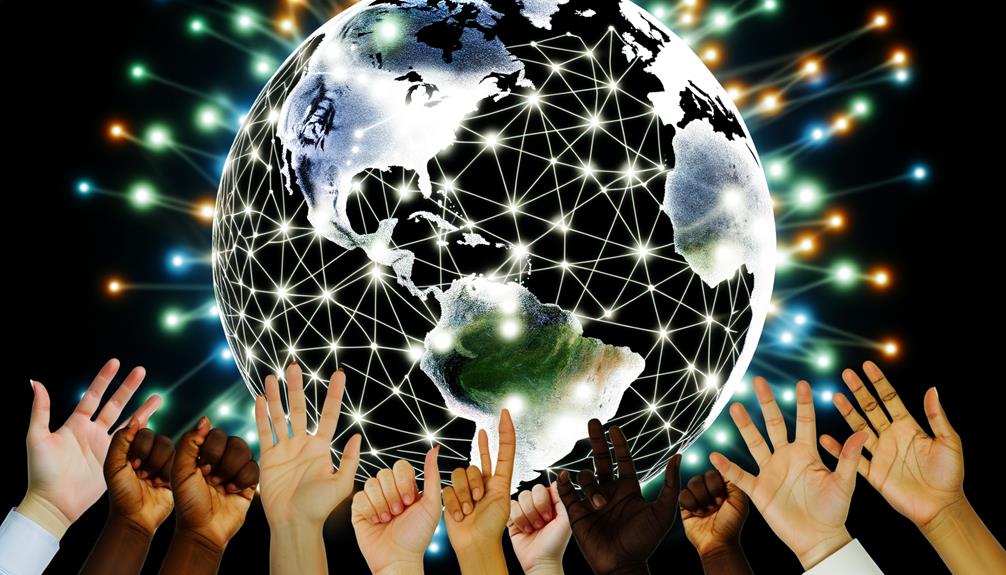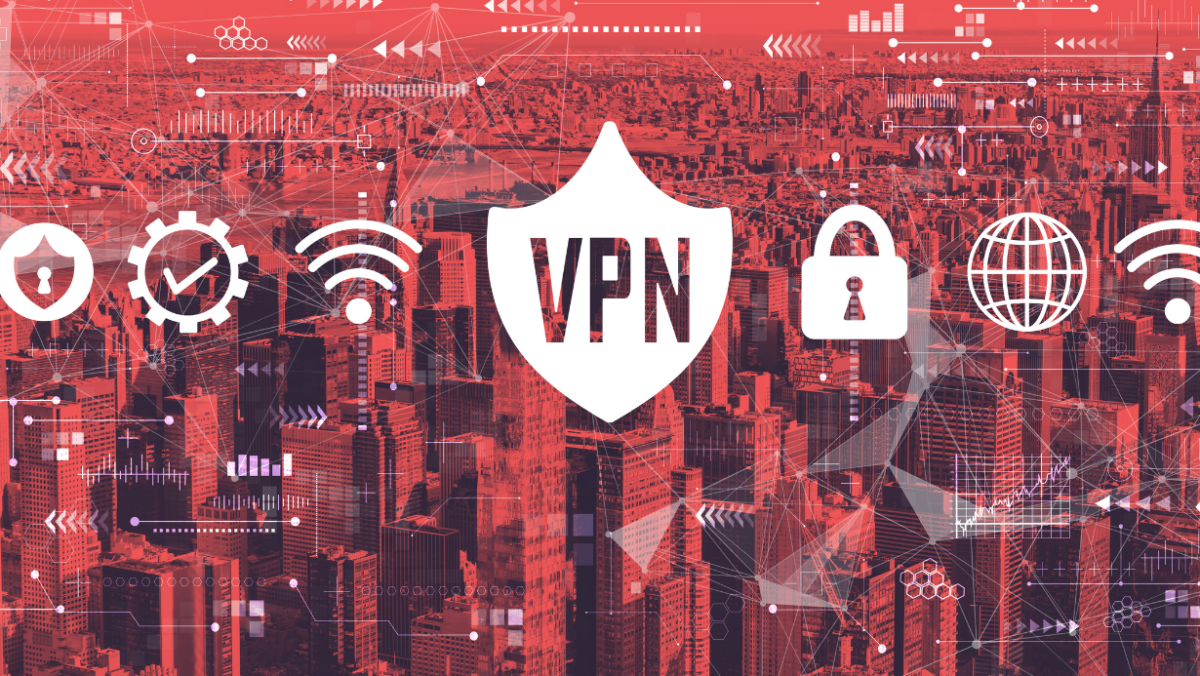You’re probably reading this on a device that’s smaller than your lunch, but let’s not forget it’s powerful enough to connect you with someone on the other side of the planet.
The internet, as you know, has effectively made geographical boundaries obsolete. It’s reshaped economies, reinvented social interaction, and revolutionized education. But have you ever stopped to really consider the extent of its impact?
There’s plenty for us to unpack here.
The birth of the Internet
Diving back to the late 1960s, you’ll find the birth of the Internet, a groundbreaking development that forever altered the course of human communication and information exchange. Born from the minds of visionary researchers and backed by the U.S Department of Defense, the Internet, initially known as ARPANET, was a way to connect multiple computers and share data quickly and efficiently.
Imagine a time when communication was limited to physical mail, telephone calls, and in-person interactions. You’d have to wait days, sometimes weeks, for a letter to arrive. Now, contrast that with the ability to send and receive information instantaneously, from anywhere in the world. That’s the power the Internet brought to your fingertips.
However, you might be surprised to learn that the Internet’s early days weren’t characterized by widespread use. It was primarily a tool for academia and military purposes. The general public didn’t have access to it. It was a novel idea, a prototype of what we’ve today. But even in its primitive form, it was clear that the Internet had the potential to revolutionize the way we live, work, and communicate. And that’s exactly what it did.
Evolution of digital connectivity
As the Internet began expanding beyond its initial academic and military confines, a new era of digital connectivity started to unfold. You’d see the world becoming a global village, where information flow became almost instantaneous. The invention of the World Wide Web by Tim Berners-Lee in 1989 was a game changer, making the Internet user-friendly and accessible to the masses.
You might recall how initially, dial-up connections dominated, offering slow data transfer rates. But things were about to change rapidly. The introduction of broadband and later, wireless networks, dramatically improved the speed and reliability of Internet connections. You no longer had to wait for pages to load or files to download.
Now, imagine a world of IoT, where not only computers and mobile devices, but also everyday objects are connected to the Internet. Your fridge can tell you when you’re out of milk, your car can guide you to your destination. This is the kind of digital connectivity we’re currently experiencing. However, the evolution doesn’t stop here. With the advent of technologies like 5G and beyond, the potential for future digital connectivity is limitless.
Internet’s role in global economy
Imagine how significantly the Internet has transformed our global economy, creating a digital marketplace that operates 24/7. You can buy a book from a seller halfway across the world or order your favorite coffee beans straight from the farm, all at a click of a button. That’s the power of the Internet in the global economy.
This technology isn’t just for the consumers; it’s a boon for businesses too. It’s shattered geographical barriers and opened up markets that were unreachable before. Now, a small business in a remote town can reach a global audience, sell its products, and grow. It’s leveled the playing field, allowing competition based on quality and innovation rather than size or location.
Yet, it’s not all rosy. The digitization of the economy has also led to job displacements and market volatilities. It’s challenged traditional economic models, forcing us to rethink how we work, trade, and regulate. But there’s no denying that the Internet’s role in the global economy is here to stay. It’s continually shaping and reshaping the way we do business, pushing us towards a more connected, efficient, and hopefully, equitable world.
Impact on education and learning
Beyond the realm of economics, the Internet has revolutionized education and learning, making knowledge accessible to anyone with a connection. No longer are you bound by the walls of a classroom, or the availability of a local library. Your learning potential is now limitless.
You’re able to learn at your own pace, on your own schedule. With a plethora of online courses and educational content at your fingertips, you can explore subjects you’re passionate about or enhance your skills in specific areas. Whether it’s a new language, coding, or mastering photography, the Internet provides the tools necessary to expand your knowledge.
The Internet also transcends geographical boundaries, connecting you with educators and learners from around the world. This global classroom enriches your learning experience, exposing you to a variety of perspectives and cultures.
Moreover, the Internet’s impact on education isn’t just individual. By democratizing access to knowledge, it has the potential to level the playing field in under-resourced communities, fostering social mobility.
Social interaction in the digital age
In the digital age, your interactions with others have drastically evolved due to the Internet’s pervasive influence. You’re no longer confined to face-to-face communication or snail mail. You’re now part of a world where you can connect with anyone, anywhere, at any time.
Social media platforms such as Facebook, Instagram, and Twitter have revolutionized how you interact with your peers. You share updates, photos, and opinions, allowing for a continuous, real-time conversation. Yet, it’s not just about personal interactions. Online forums, webinars, and collaborative platforms like Slack or Microsoft Teams have transformed professional interactions, making remote work and global collaboration a reality.
However, it’s not all rosy. The convenience of online communication often leads to overuse, and sometimes, misuse. Cyberbullying, misinformation, and privacy breaches are significant concerns. Plus, the lack of face-to-face interaction can affect your social skills and contribute to feelings of isolation.
In essence, the Internet’s impact on social interaction is a double-edged sword. It’s opened up a world of possibilities but also presented new challenges. So, it’s up to you to navigate this digital landscape wisely, embracing its benefits while being mindful of its pitfalls.
Conclusion
You’ve seen how the internet sprang to life, evolved, and became a global economic powerhouse. It’s redefined education, making learning accessible for all. It’s reshaped our social interactions, bringing us closer no matter the distance.
From its birth to its present state, the internet’s influence is profound. So, let’s keep exploring, learning, and connecting, because the internet isn’t just technology—it’s a part of our lives.










